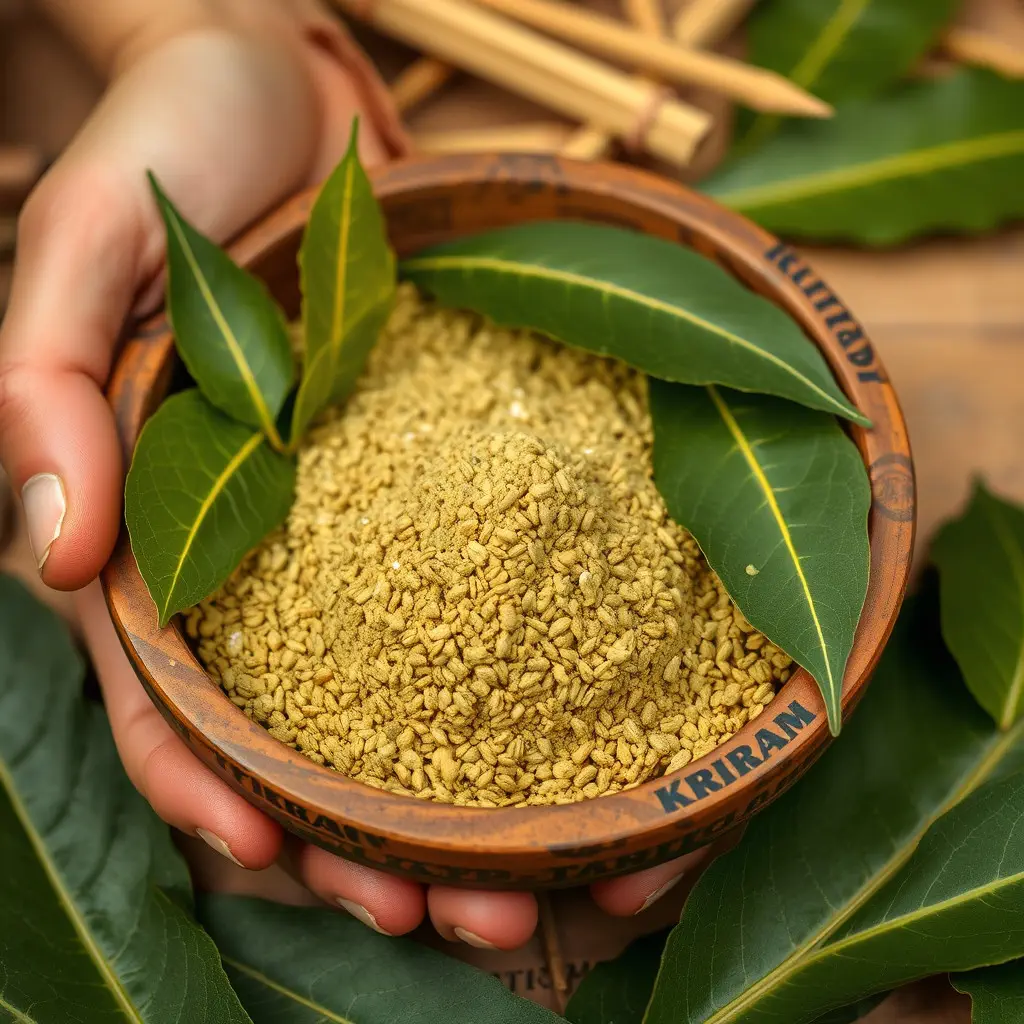Kratom, derived from the Mitragyna speciosa plant, aids in addiction recovery by managing withdrawal symptoms due to its opioid receptor activation. However, it can cause insomnia, especially at high doses or misused, disrupting crucial rest for stress management and preventing relapse. Professional guidance, low dosages, and close monitoring are essential when considering kratom therapy to mitigate side effects like insomnia and promote successful long-term recovery.
- Understanding Kratom and Its Effect on Addiction Recovery
- Exploring the Link Between Kratom and Insomnia
- Safe and Effective Use of Kratom for Addiction Treatment
Understanding Kratom and Its Effect on Addiction Recovery

Kratom, derived from the leaves of the Mitragyna speciosa plant, has gained attention in the addiction recovery community as a potential aid for managing withdrawal symptoms and cravings. It is known for its unique combination of effects, including opioid receptor activation, which can help alleviate pain and produce feelings of relaxation and well-being. However, understanding kratom’s role in recovery requires careful consideration. While it may offer benefits, it’s important to note that kratom use itself can lead to dependence and withdrawal symptoms, including insomnia, especially when misused or taken in higher doses.
Insomnia is a common side effect of kratom consumption, particularly at higher doses or with prolonged use. This sleep disruption can be problematic for individuals in recovery, as adequate rest is crucial for managing stress, regulating emotions, and preventing relapse. Therefore, using kratom for addiction treatment requires a nuanced approach, where it’s utilized as a short-term aid alongside comprehensive rehabilitation programs that focus on addressing the underlying causes of addiction and providing long-lasting coping strategies.
Exploring the Link Between Kratom and Insomnia

Kratom, a natural substance derived from the mitragyna speciosa plant, has gained attention for its potential in addiction treatment and recovery. While it is often used to manage withdrawal symptoms, there’s a growing concern about its impact on sleep patterns, particularly insomnia. Some users report that kratom can interfere with their ability to fall asleep or maintain restful sleep, leading to daytime fatigue and increased irritability.
The link between kratom and insomnia isn’t fully understood, but researchers suggest it may be related to the substance’s effects on opioid receptors in the brain. Kratom acts similarly to opioids, binding to these receptors and potentially disrupting normal sleep cycles. The disruption can result in difficulties initiating or maintaining sleep, causing users to experience insomnia. This side effect is particularly significant for individuals already struggling with addiction, as adequate sleep is crucial for successful recovery.
Safe and Effective Use of Kratom for Addiction Treatment

Kratom, derived from the tropical plant Mitragyna speciosa, has gained attention as a potential tool in addiction treatment and recovery. While it may offer benefits in managing withdrawal symptoms, ensuring its safe and effective use is paramount. Research suggests that kratom’s alkaloids interact with opioid receptors, helping to alleviate pain and reduce cravings, making it a promising alternative for those seeking to break free from addictive substances. However, it’s crucial to approach this natural remedy with caution.
One common concern is the potential for kratom to cause insomnia, especially when consumed in higher doses or not under professional supervision. Insomnia can exacerbate existing mental health issues and hinder the recovery process. Therefore, individuals considering kratom therapy should start with low dosages under medical guidance. Regular sleep patterns and a balanced lifestyle are essential components of successful addiction recovery, so any side effects should be closely monitored.
Kratom has shown potential as a natural aid in addiction recovery, offering alternative support for managing withdrawal symptoms. However, it’s crucial to approach its use with caution, especially regarding its impact on sleep. While some individuals may find relief from insomnia with specific kratom strains, the relationship between kratom and insomnia is complex. Balancing kratom supplementation with evidence-based treatments and addressing individual needs is essential for safe and effective addiction treatment. Further research is needed to fully understand the long-term effects and optimal dosing, emphasizing the importance of consulting healthcare professionals before incorporating kratom into recovery plans.






